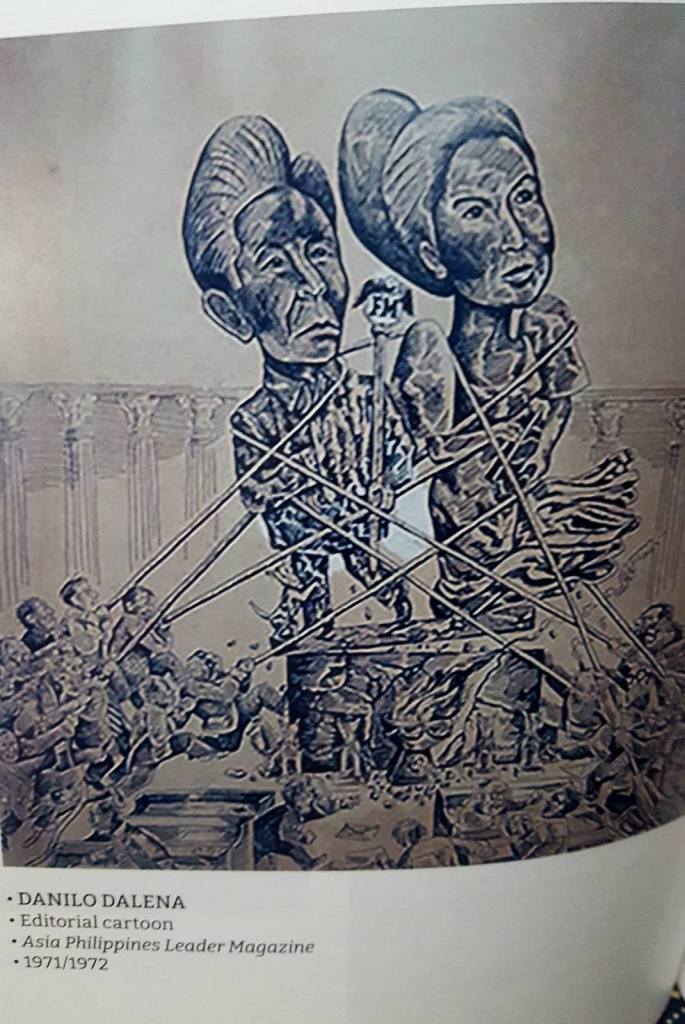Ultimately, they write to remember, and to fight: to remember the terror of martial law and its lingering impact on the lives of Filipinos, and to fight the foisted narrative that those terrible years comprised a “golden age.”
This avowed mission runs relentlessly through “Serve,” a book of stories by and interviews with former members of the College Editors Guild of the Philippines—young women and men who awakened to political realities in the years leading to Ferdinand Marcos Sr.’s imposition of martial law in the Philippines in September 1972, including the portentous suspension of the privilege of the writ of habeas corpus in 1971. Now seventy somethings, they recall the defining moments and recognize what they have become from the way they were.


The stories and interviews offer valuable lessons to young Filipinos constantly buffeted by and called upon to make sense of both raw and curated data in cyberspace. The back notes are themselves a trove of information for students, young and old, of contemporary history. Readers of a certain age will remember the shared dark era and, acknowledging the book’s mission, be strengthened in the resolve to resist its return. Perhaps they will also be moved to remember others as profoundly marked, whether living or long gone.
Martial law artworks by noted artists as well as photographs of the authors at high points in their lives are likewise featured in this hefty volume launched on Sept. 9 at Fully Booked on Bonifacio High Street in Taguig City.
Edited by Jo-Ann Q. Maglipon and published by Bughaw, an imprint of Ateneo de Manila University Press. “Serve” is available at Fully Booked stores and online at unipress.ateneo.edu; go.ateneo.net/Lazada; go.ateneo.net/Shopee; or email.books.unipress @ateneo.edu.
See: Marcos Jr. should learn from history, Biazon says in wake of military brass shakeup



Leave a Reply